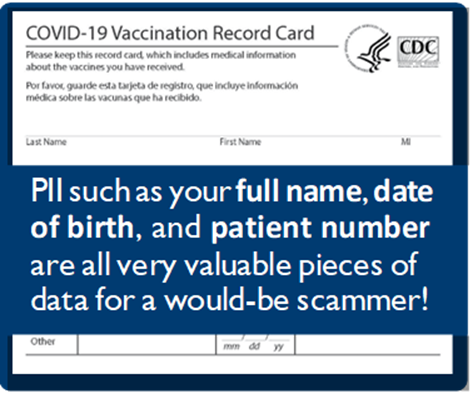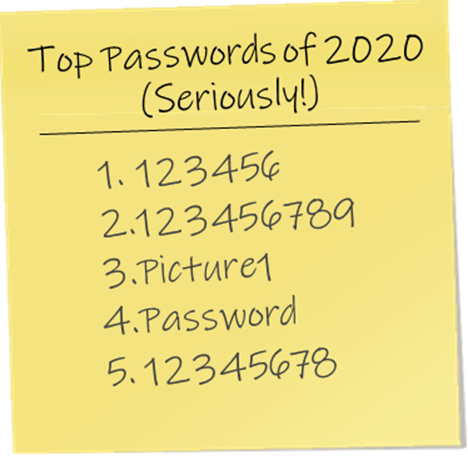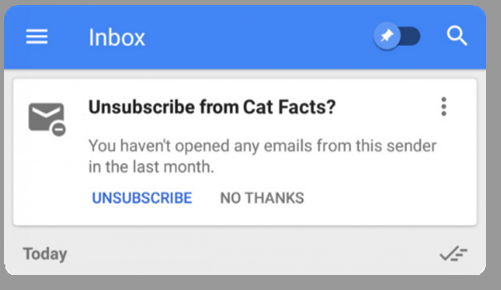4 Tips for Protecting Your Data
The last thing you want to worry about is having your data stolen or breached. Here are a few tips to help you protect your sensitive data.
Don’t Overshare

Your COVID-19 Vaccination Record Card is more than a written record that you have been vaccinated against the coronavirus. It also is a source of personally identifiable information. In the wrong hands, that information can easily be used to fraudulently access your financial and health accounts. As proof of vaccination becomes more required, storing an image of your card on your phone is a likely solution. Whether you store it as a photo, carry it in a digital wallet, or use a vaccine passport app, show it only to individuals you trust, such as your employer.
Pro Tip: Treat your COVID-19 Vaccination Record Card as you would your driver’s license or your social security card.
Update Your Passwords

Now more than ever it is important to ensure that you have strong passwords for all your online accounts. We are all spending more of our daily life online these days. Using weak or even the same password across multiple sites means that it may be easier to access those accounts and the sensitive information (i.e., payment details) attached to online profiles.
Pro Tip: Be sure to use complex, lengthy passwords for all your most sensitive accounts (i.e., bank account, email) and consider using a password manager to store your login details so you don’t forget all of those 20-character passwords!
Limit Who Has Access

In an increasingly digital world, most Americans (81 percent) believe that they have little to no control over their collected data. By limiting who has access to your data, however, you can control your own level of risk of a data breach. The fewer companies and organizations that have your data, the more in control you will be over your online presence.
Pro Tip: As a first step, review company Privacy Notices and where possible and desired opt-out of information sharing. Then go through your inbox and unsubscribe from any unwanted email senders and request account deletion for any site you no longer access.
Stay Alert
Unfortunately, there are no shortcuts to COVID-19 vaccination. If someone calls to offer you a vaccine for a small fee, do not give them any personal information. They are most likely a scammer. To stay up to date on criminal scams, regularly check the Federal Trade Commission, the Consumer Financial Protection Bureau, and the Centers for Disease Control and Prevention websites. They will arm you with the knowledge needed to identify fraudsters and understand the key indicators of COVID-19 scam activities.
Pro Tip: If an offer seems too good to be true, it probably is. If you are interested in a COVID-19 vaccine, there are ways to obtain the vaccine from VA. And VA will never ask you to provide your full social security number over the phone.


